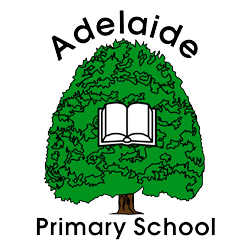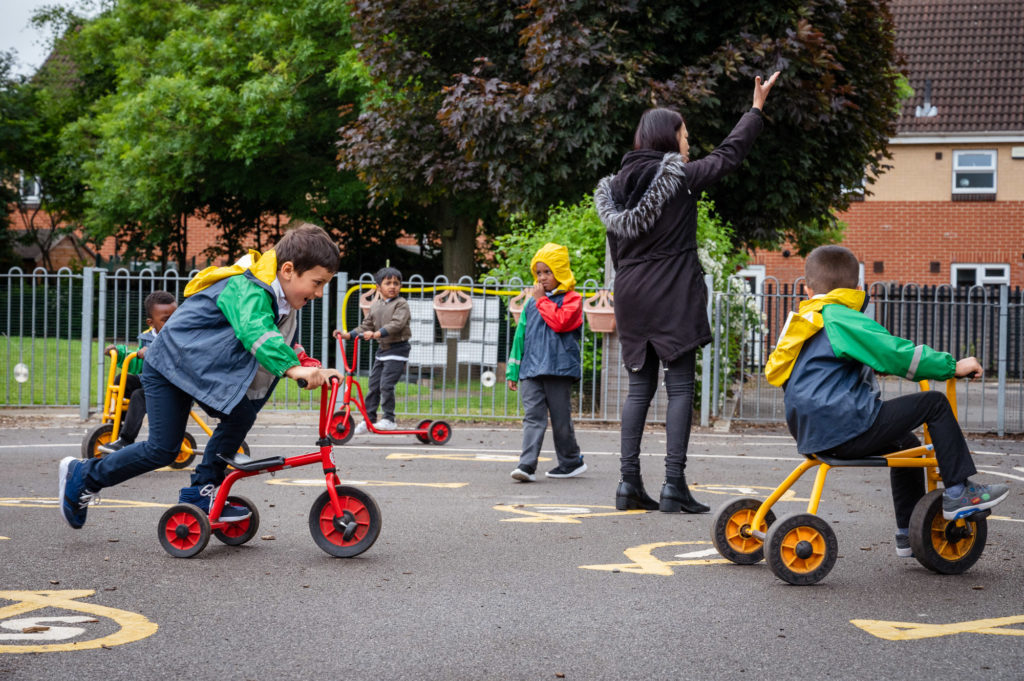Special Educational Needs means that a child needs something special providing for them, which is additional to, or different from, the educational provision made generally for children their age, in order for them to reach their full potential or to be fully included in the school.
Some children on the Special Educational Needs register do have a lower academic ability than others or have difficulties with understanding and attainment. However, it is also important to note that this is often not the case; being told that your child has ‘special needs’ does not necessarily mean that he or she is ‘behind’ their peers in their learning or of low ability.
There are many reasons why a child may find learning difficult. For example, the pupil may be experiencing emotional difficulties, they may need a course of speech therapy, be coping with dyslexia, have problems with their hearing or have a medical condition or disability which requires special attention. If these difficulties are managed effectively, there is no reason why the child cannot reach his / her potential.



